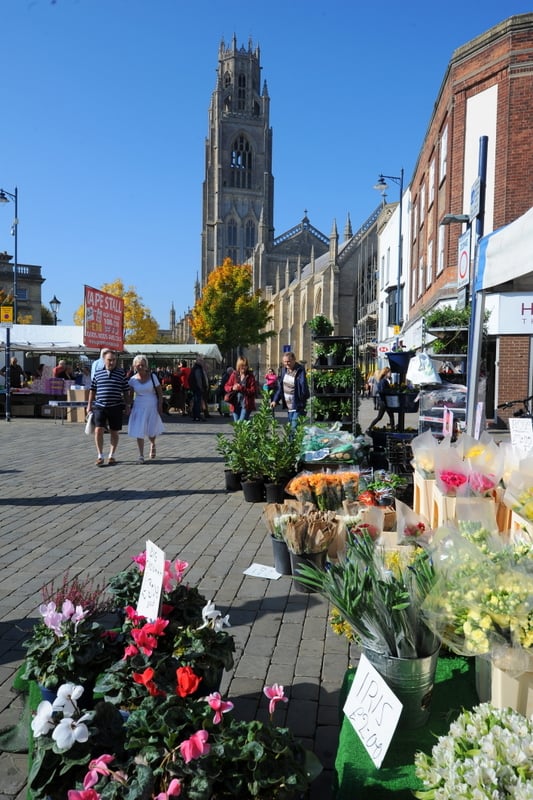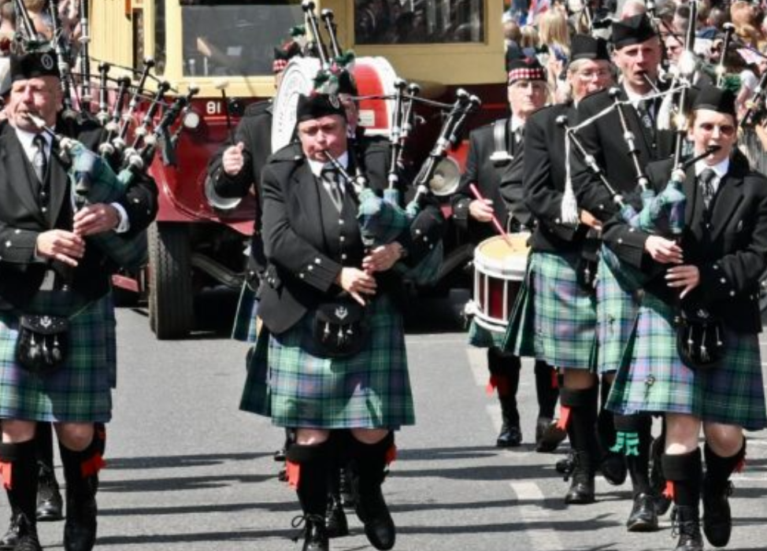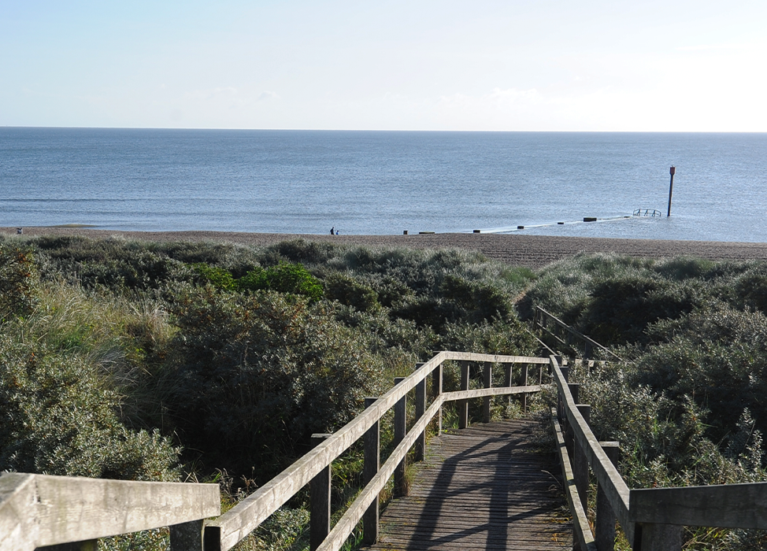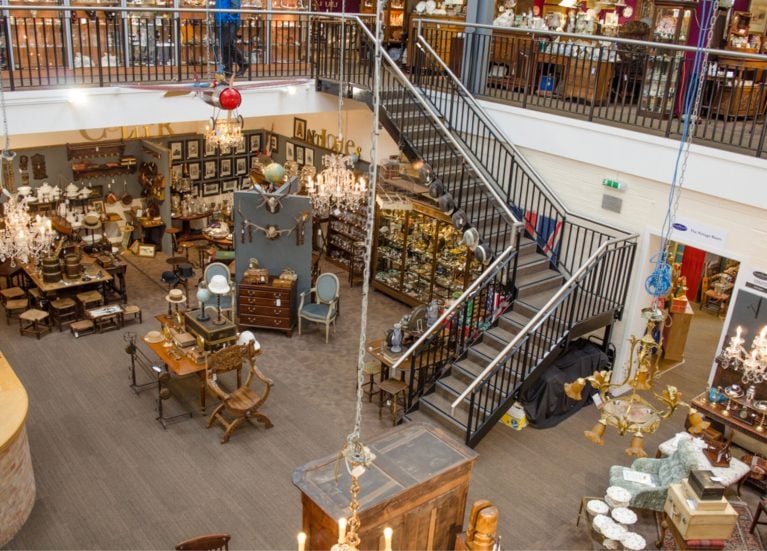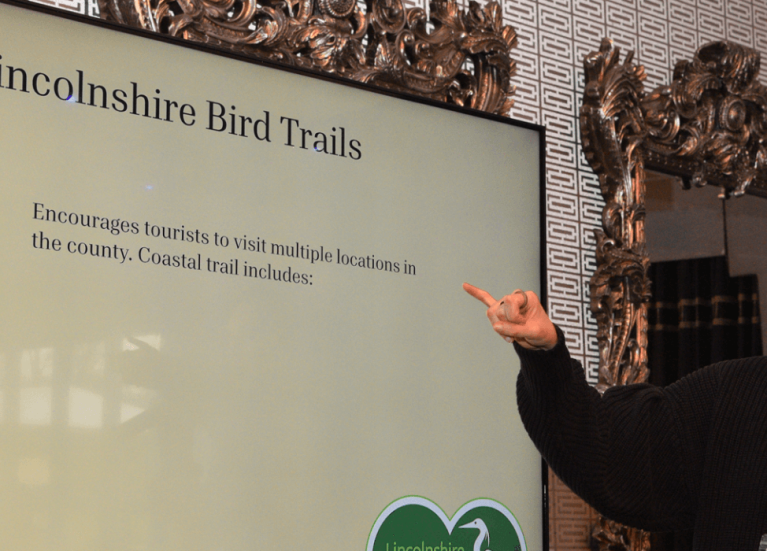The Great Migration
In 1630 Puritan settlers, mostly from Lincolnshire, were escaping England like the Mayflower pilgrims had ten years earlier. They were starting afresh in America, ‘the New World’, free from religious intolerance.
The Mayflower pilgrims had been vastly ill-prepared for the harsh conditions. They endured a fierce winter and referred to the ordeal as ‘the Starving Time’. Those who survived would certainly have perished but for the help of a Native American, Squanto of the Wampanoag tribe, who taught them to grow maize and where to hunt and fish.
In 1630 the Arbella headed the flotilla of eleven small ships. These new settlers crammed the hold with enough salted beef, bacon and cheese to sustain them during their first year. There was no room for luxuries, only space for livestock and essentials such as nails and axes to build their new homesteads. Surviving in Lincoln Cathedral’s Wren Library is a document listing the provisions taken aboard the Arbella.
The ships, carrying 700 passengers between them, had been chartered by the Massachusetts Bay Company. The company had been granted a charter by King Charles I empowering it to colonize land and establish trade. But the real intention of the company’s members was to establish a Puritan community in the New World. To this end they recruited mainly middle class, educated Puritan families and skilled craftsmen to join the expedition. John Winthrop was chosen as their leader and sailed aboard the Arbella.
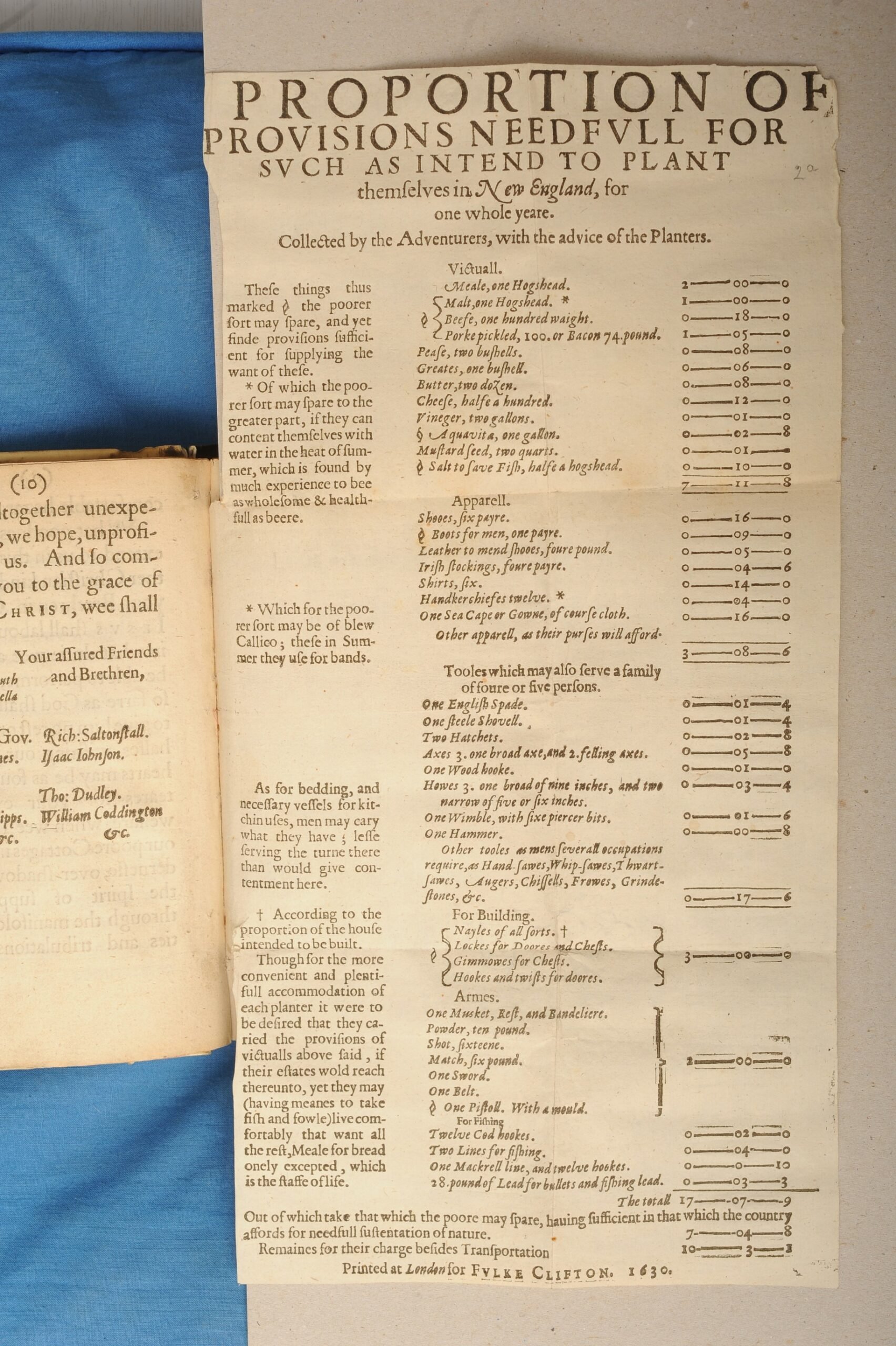
John Winthrop’s Diary Entries:
“Our children and others, that were sick, and lay groaning in the cabins, we fetched out, and having stretched a rope from the steerage to the mainmast, we made them stand some on one side and some on the other, and sway it up and down till they were warm, and by this means they soon grew well and merry.”
“We put our ship a-stays, and took, in less than two hours, with a few hooks, sixty-seven codfish, most of them very great fish, some a yard and a half long…”
“…about three in the afternoon…we had sight of land…We had now fair sunshine weather, and so pleasant a sweet air as did much refresh us, and there came a smell off the shore like the smell of a garden.”
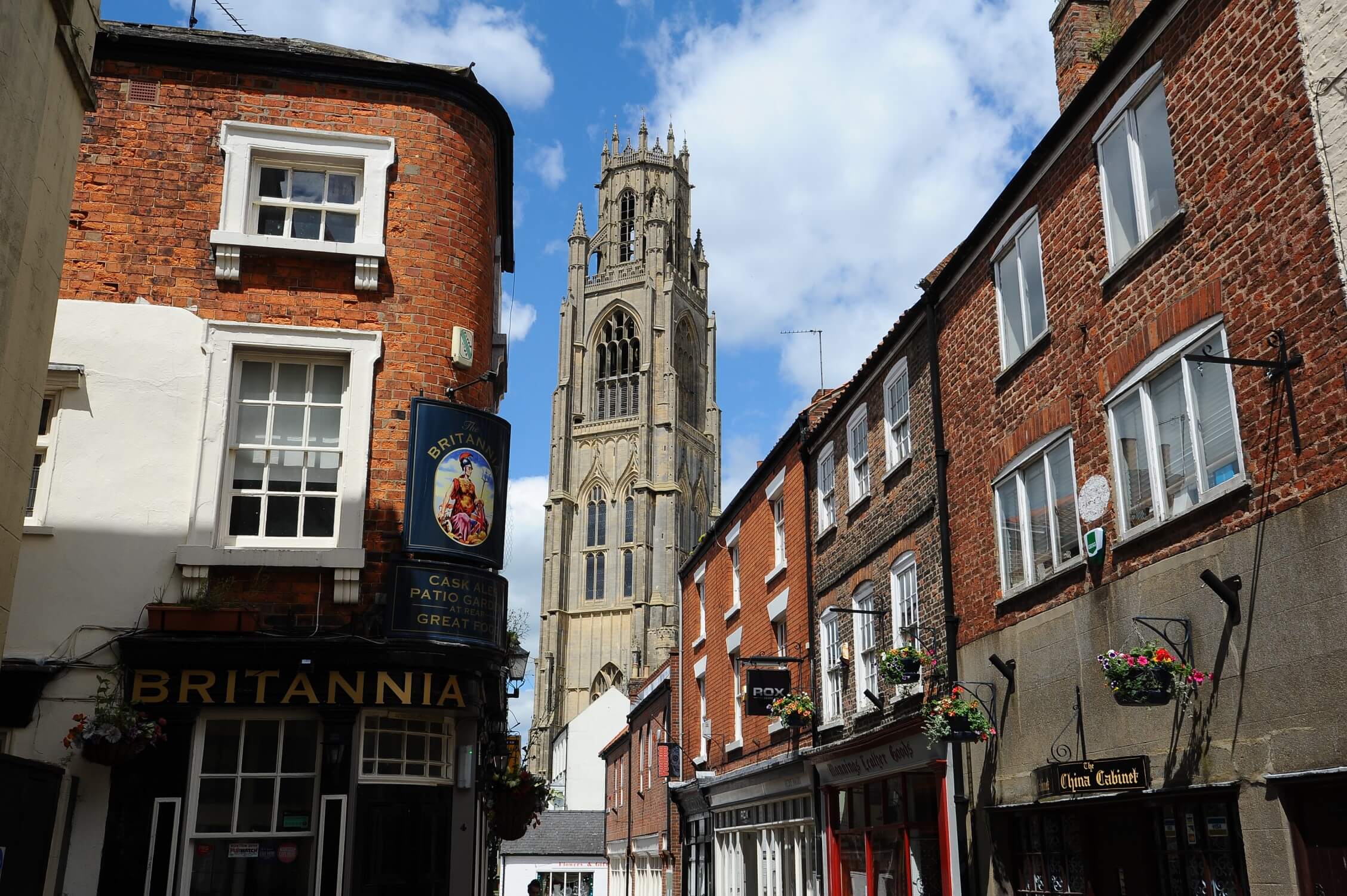
The Puritans chose the name Boston for their new settlement in Massachusetts, after the hometown in Lincolnshire of many of the settlers. Life was a struggle as they carved farms out of the cold landscape of New England, and the death rate was high. Nonetheless over the next ten years a steady flow of Puritan settlers made their way across the Atlantic, so many that it became known as the ‘Great Migration’.
2030 will see the 400th anniversary of the Great Migration and plans are well in hand in Boston to celebrate in style.
